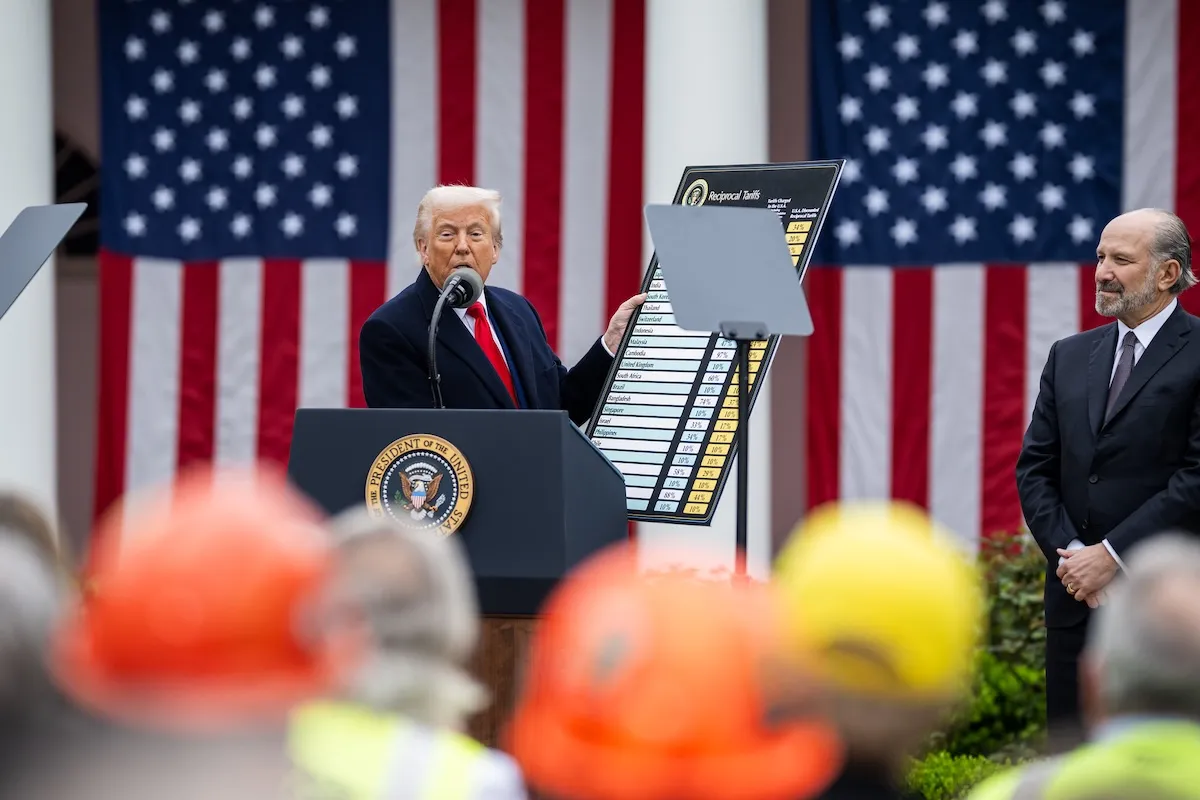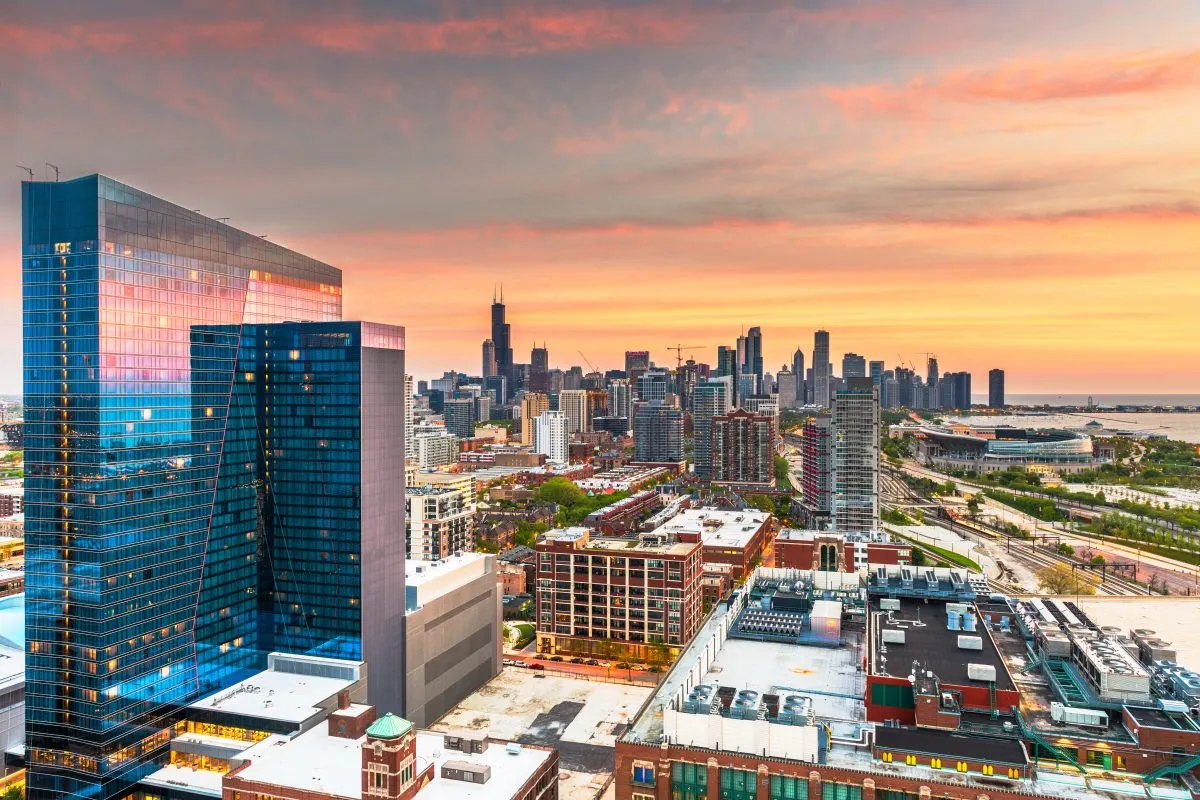What Do Trump’s Tariffs Mean for Meetings?

Skift Take
President Donald Trump has imposed new tariffs on dozens of nations, including a new 34% tariff on Chinese goods. Many countries have announced countermeasures, escalating trade tensions that could have significant ramifications for the global meetings sector.
In response, the Live Events Coalition, originally formed during the Covid crisis but later put on hold, is coming back to advocate for the industry.
It is a volunteer-run, not-for-profit coalition of live event and entertainment businesses.
“The live events industry employs 12 million people and is powered by 1.2 million small businesses. These aren’t faceless numbers,” said the coalition in a statement warning about tariffs. “When costs rise, we see a domino effect. Corporate travel freezes, marketing budgets tighten, sponsorships shrink, and internal and external events are the first to go.”
Costs to Increase
Tariffs on imported steel, aluminum, and lumber are already driving up costs for exhibition booths, stages, and other essential event infrastructure. Audiovisual equipment prices are climbing as well, since many components come from affected countries.
As costs rise, exhibitor participation is predicted to decline. Dr. Barış Onay, an events entrepreneur, warns that if trade tensions escalate, international tradeshows could face major disruptions. Higher tariffs on goods and logistics increase expenses for exhibitors, while trade uncertainty discourages global attendees.
“These challenges threaten the vibrancy and international appeal of U.S.-based tradeshows, potentially reshaping their role on the global stage,” said Onay.
Economic Downturn Looms
Ira Ozer, president of Innovation Meetings, cautions that economic uncertainty will push companies to cancel non-essential meetings. This can lead to a shift with to virtual alternatives to cut costs.
“Tariffs won't just increase costs. They will create negative bias against the U.S. I foresee companies and individuals canceling meetings here,” said Ozer.
Al Mercuro, strategic marketing and client engagement advisor for Genesis Exhibits, echoed these concerns. “Many of our vendor manufacturing partners source materials, parts, and frames from overseas, particularly China. Vendors have already warned us that prices will increase by June, which means those costs will have to be passed on to our clients,” he said. “If this trend continues, we could be looking at an economic downturn that affects the entire industry.”
Matthew Byrne, founder and president of Byrne Production Services, took early action by stocking up on some essential equipment before the tariffs took effect. However, he acknowledged that these reserves will not last forever, and the industry will inevitably feel the impact.
“Tariffs that exist between the United States and Canada have not been lifted, and that is going to spark a downturn, not only in our industry, but in the economy at large,” said Byrne.
Tariff Uncertainty
Heather Dow, senior manager at Events & Management Plus in Kingston, ON, is navigating growing uncertainty surrounding tariffs and their potential impact on the events industry.
“We are waiting to see what happens and if the tariffs will impact the events our clients host.” said Dow. “If Canadian goods have tariffs, does that include suppliers like us that provide association management services? There’s no clear answer yet.”
Dow has already observed a decline in event participation. "Our clients are seeing a decline in participation from both Canadians traveling to the U.S. for meetings and Americans attending meetings in the U.S.,” said Dow. “That's largely because funding has been cut, and there are freezes on participation.”
Marsha Flanagan, president and CEO of IAEE, said the Exhibition Industry Collective, formed of several industry bodies, met on April 3, Global Meetings Industry Day. It will soon be releasing information about recommended action steps.
PR agency DKC’s analytics group has launched a dedicated tariff report to help stakeholders educate clients on how to talk about the impact of these trade policies on their events and bottom line.





